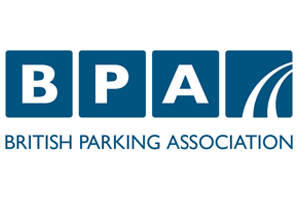Thursday Thought: More security for payments
Technology advances drive change and as technology develops, new customer needs evolve. Payments are part of everyday life and demonstrate change in a fascinating way.
The Bank was used to raise money for King William III's war against France. Banknotes were issued in return for deposits with a promise to pay the bearer the sum of the note on demand, initially introduced for convenience.
The cheque was an innovation 350 years ago, and although still used has been in steady decline. Replacing it are new types of payment technology with enhanced security features. On 29 June 1966 Barclays issued the UK's first credit card. And it was just ten years ago, in 2007, that contactless credit cards first appeared.
Now cards are used more than cash. In 2016 more than half of all payments in the UK were made by card, according to the British Retail Consortium (BRC). This is the first time cards have overtaken cash.
Payment cards were introduced for convenience and security and they have changed the way that we pay for goods and services. So far, all of the changes to the payments industry have been driven by convenience and security. The changes coming about now are no different.
The hot topic at the moment is the Payment Services Directive 2 which will apply from 13 January 2018. It is intended to encourage innovation, and protect consumers by making payments safer and more secure and will do the following:
- Provide rules in respect of payment transactions and services;
- Introduce changes in security including ‘strong customer authentication’;
- Ban surcharges;
- Provide consumers with more rights in terms of refunds on goods.
It is a significant update to the existing European Directive of 2009 that covers regulation of the payments industry.
Derek Millard-Smith of Lawline has written an article in this month’s Parking News, which you can access here, as they have seen a spike in queries regarding this Directive from members.
If you provide motorists with the opportunity to pay for parking, or PCNs using a phone or internet service then please read the article as these services will fall within the scope of the directive - although there are some exemptions. The implementation of the directive will likely mean that many of you will need to reconsider your charging model in order to remove any element which reflects a surcharge from the bank.
Take a look at Derek’s article to find out exactly how the Directive is relevant to your business activities and what exemptions exist.
- Like
- Opslaan









